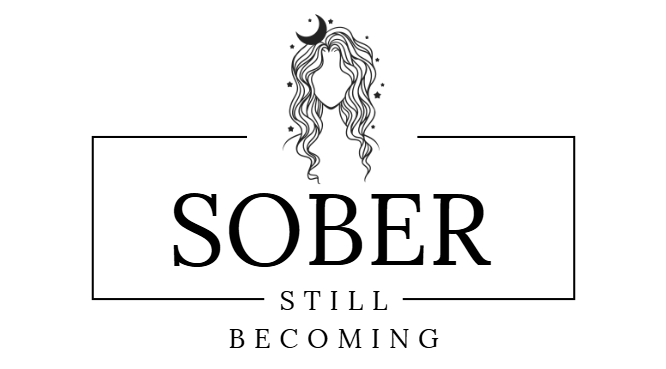Still Sober, Still Learning
By: Tasha Truchel
Why Recovery Isn’t a Destination — It’s a Way of Life
Recovery isn’t just something I did — it’s something I need to survive. It keeps me grounded in a messy, beautiful life that feels manageable. Sobriety is what allows me to keep going, to show up fully, and to pay it forward. That’s why, even six years in, I still write about recovery.
One of the most defining moments in my early recovery happened around two years sober. I almost relapsed. At the time, I had no faith and was filled with self-doubt. I was stuck in a constant back-and-forth about surrendering, but I didn’t feel strong enough. My mind was consumed by struggle, and I wasn’t doing much to help myself. It became clear I needed faith and spirituality — something to lean on — but also connection and self-responsibility. I was lacking in all areas of my life.
Over time, my view of recovery has both stayed the same and evolved. I believe in the power of programs like AA. They are the core of connection — a space where people who’ve shared the same pain come together. But I’ve also grown in my own ways. I know certain parts of me still live inside my past struggles, so I have to keep myself in check. I focus on what’s best for my mental health and sobriety to avoid falling back.
For me, that means daily practices like gratitude lists, journaling, the Third Step prayer, working out, walks in nature, spending time with loved ones, savoring a cup of coffee, or watching the sunrise or sunset. It’s often the simplest things that bring the most peace. I’ve learned that recovery isn’t one-size-fits-all. I used to think I had to be the perfect, all-knowing “Big Book” person — but maybe I hadn’t fully surrendered, or maybe my perfectionism got in the way. What I do know is this: what works for me is what keeps me sober. And I’m always learning how to better manage the hard days.
There’s a misconception I want to clear up: many people think recovery programs are only for those with severe substance use disorders. But recovery is for anyone whose substance use is negatively impacting their life — no matter the severity. If your life feels unmanageable or your thoughts are obsessive, recovery is possible for you.
Humor has been one of my greatest healers. I’ve learned to laugh at the things that once tried to break me — not to minimize the pain, but to show myself that it no longer controls me. Finding light in the dark has been my way of reclaiming my strength.
My spiritual journey is both faith-based and universal. I was raised to know God and the love of Jesus Christ, and that foundation will always be part of who I am. But I’ve also learned to experience spirituality in a more expansive way — through gratitude, energy, intuition, and the belief that the universe is constantly guiding us.
I don’t have all the answers, and I’m still finding my balance between faith and spirituality. What I do know is that love, grace, and trust connect them both. My goal isn’t perfection in belief — it’s connection, peace, and purpose.
If there’s one message I want to leave you with, it’s this: you don’t have to feel alone. Help is out there. Recovery is possible. Getting sober didn’t magically solve all my problems — but it gave me a clear mind and an open heart to face life’s challenges. And that has made all the difference.

